Holding everyday conversations with your children often comes quite naturally, but what about when it comes to heavier topics such as death?
Death is a universal experience that means something to anyone and everyone, regardless of age.
When 45-year-old father, Sazali, had this conversation with his 11-year-old daughter, Daria, neither of them knew what to expect, but what unfolded in the conversation between the pair was nothing short of heart-warming.
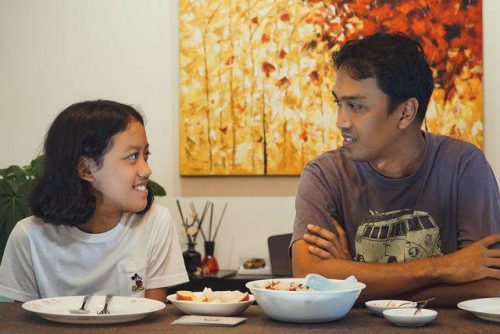 Mr Othman with his 11-year-old daughter Daria engaging in a heartfelt conversation
Mr Othman with his 11-year-old daughter Daria engaging in a heartfelt conversation
“I think if I die one day, I don’t want you to be sad about it. It’s just about you remembering all this stuff that we spent together. Okay?”
These were the comforting words Sazali shared with his daughter after she opened up about her feelings regarding the death of her cat, Momo.
Sazali said, “I was curious to know if my children, especially my daughter, were able to understand this and if there were limitations to her knowledge on the subject of death. I didn’t talk about death when I was a child with my parents. Life is short.”
After the experience, both father and daughter expressed how the conversation had brought them closer. In Daria’s words,
“I just know that I would love my father and my family, even when I’m very old… even when he is cranky and has a short temper, I will always love him the same way I always do.”
The Othman family is one of the four families in Singapore that took part in a Death Dinner experience as part of the initiative, Dying to Talk.
Accompanied by a simple conversation kit and their favourite dishes, the families took the time to reveal never-before-said thoughts about dying, death and funerals to one another.
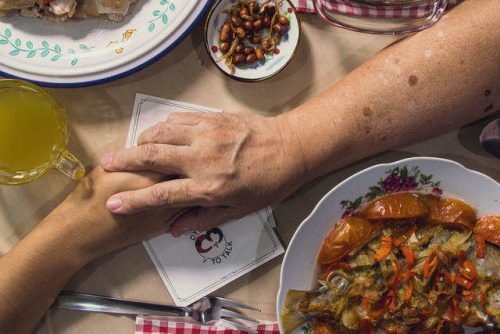
Supported by the Ang Chin Moh Foundation, Dying to Talk, is an online digital campaign spearheaded by four Final Year students from the Wee Kim Wee School of Communication and Information, Nanyang Technological University.
The campaign aims to help families kick start conversations about death right in the comfort of their own homes.
Today, death remains a taboo in Singapore and other Asian societies, resulting in a culture of silence that surrounds the topic. Despite the unavoidable reality of death, many parents lack the urgency to address the matter or fear having such conversations, particularly with younger children.
This lack of communication has often led to conflict and strained familial relationships, making it difficult for families to negotiate the bereavement process down the road.
The team behind the initiative hopes to help Singaporeans see that having these conversations as a family is essential, yet not necessarily dark or dreary at all.
One of the tools highlighted by the campaign is the Dabao Kit, a resource that helps to make talking about death easy and accessible for all kinds of families.
Found in the kit is a “recipe” for a Death Dinner – a step-by-step guide on how to kickstart such a conversation, paired with recommended materials to read, watch and listen to prior to the dinner.
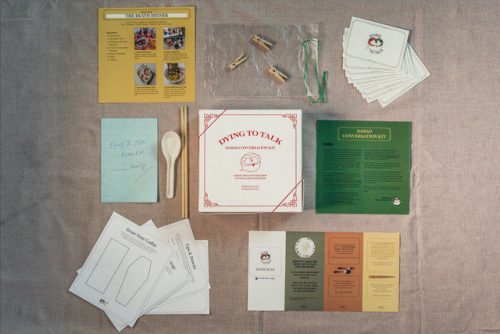 A peek into the Dabao kit
A peek into the Dabao kit
The team has prepared several activity templates to help facilitate the process for families who have younger children or tend to be less talkative. Some of the activities to choose from include reflecting on high and low points in life, writing your own eulogies or drawing your own coffins.
During mealtime, parents can also choose from a stack of 10 card prompts to facilitate the conversation with their children. The various prompts range from sharing your favourite memory of the family to talking about how you feel about death.
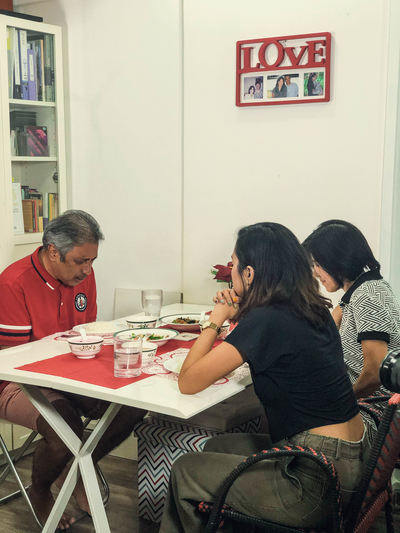 The Gomez family going through the Dabao Kit
The Gomez family going through the Dabao Kit
Children experience grief through the loss of their pets, loved ones passing or even through the media. Instead of avoiding the topic, it would be helpful for parents to address the topic early, in the safety and comfort of your own homes.
At the end of the day, it doesn’t matter what activities or prompts are chosen from the kit, but more important that the conversation has begun!
This article is contributed by Dying To Talk.
* * * * *
Stay in touch! Subscribe to our Telegram here for all our latest updates.
Like what you see here? Get parenting tips and stories straight to your inbox! Join our mailing list here.










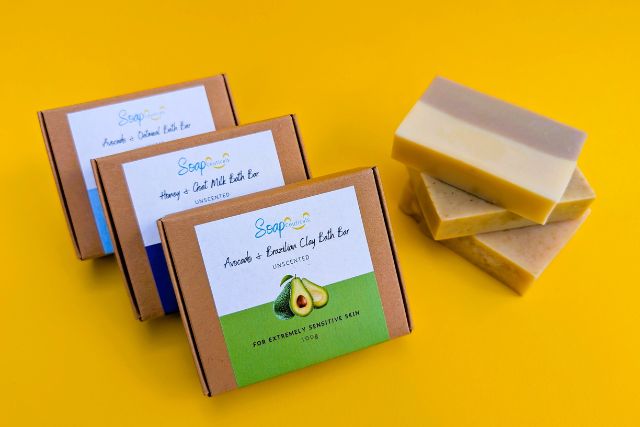















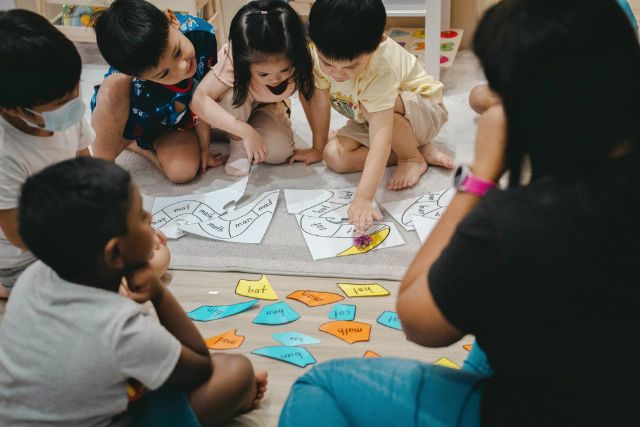

















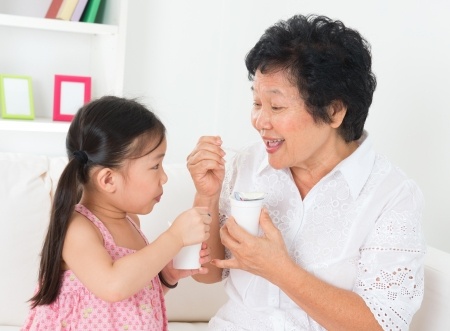














Leave a Comment: